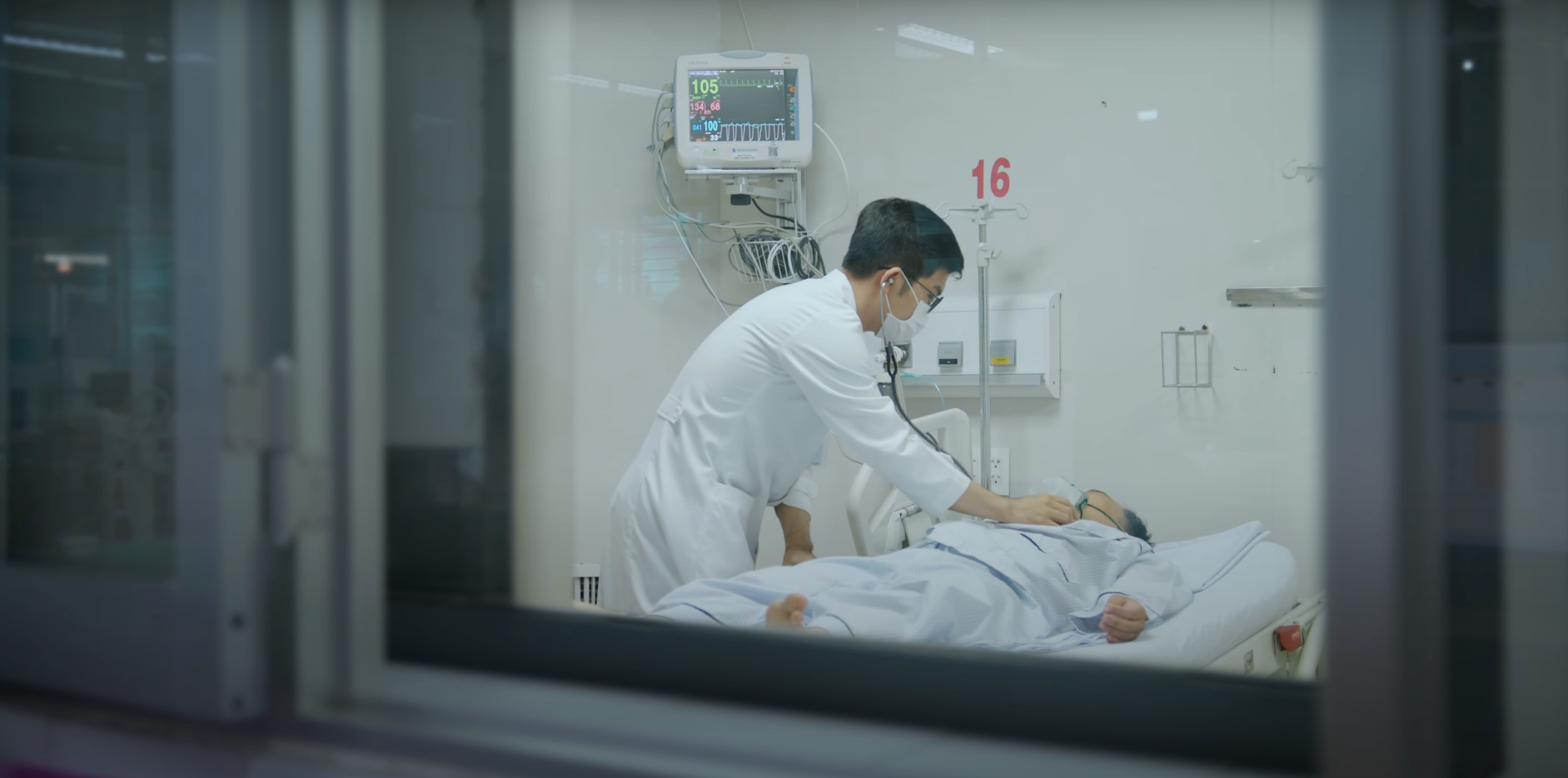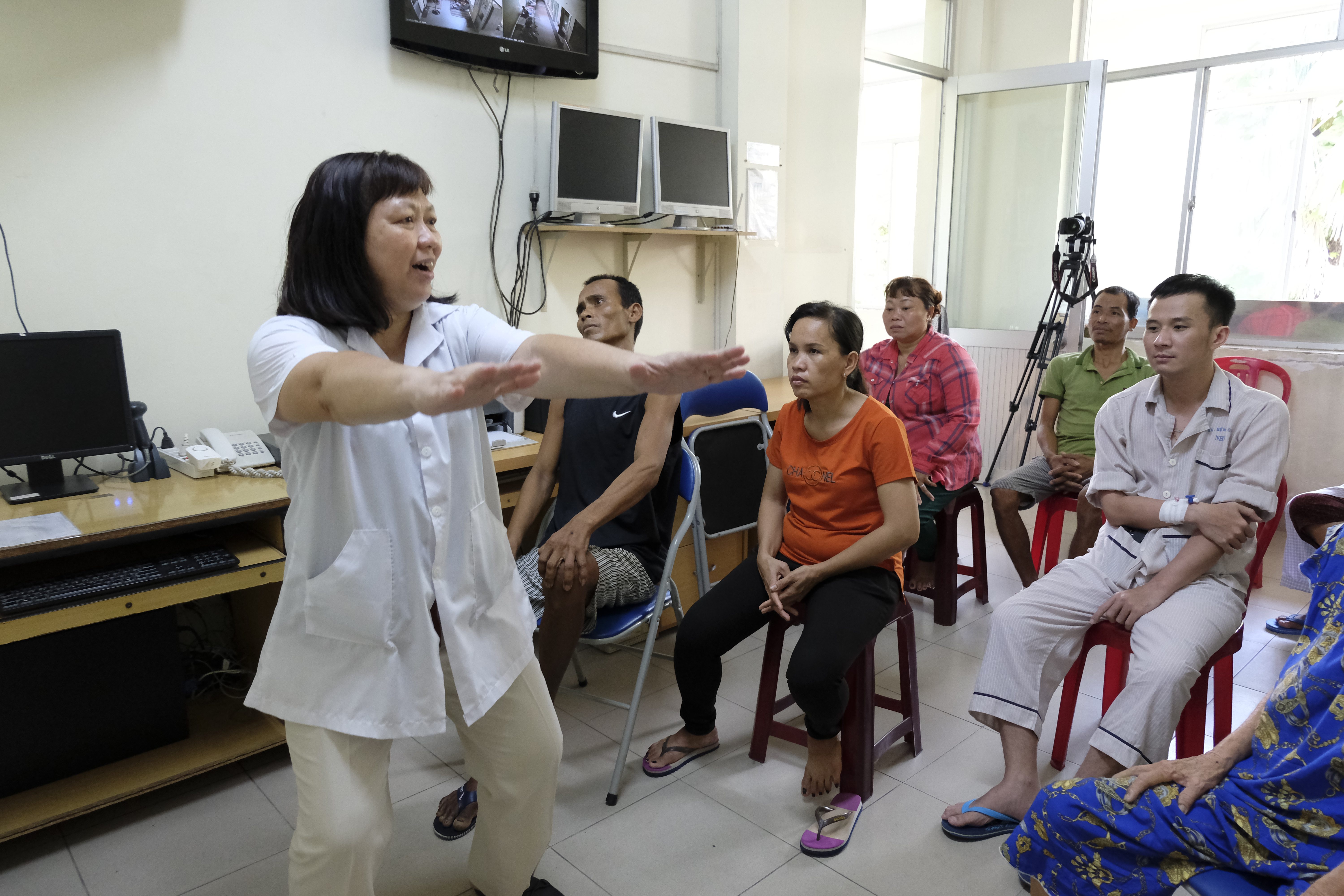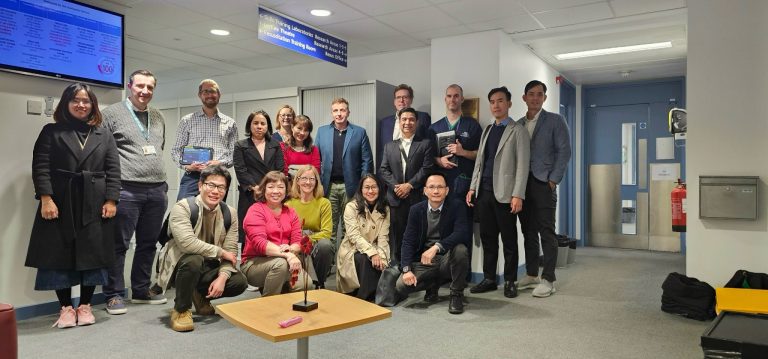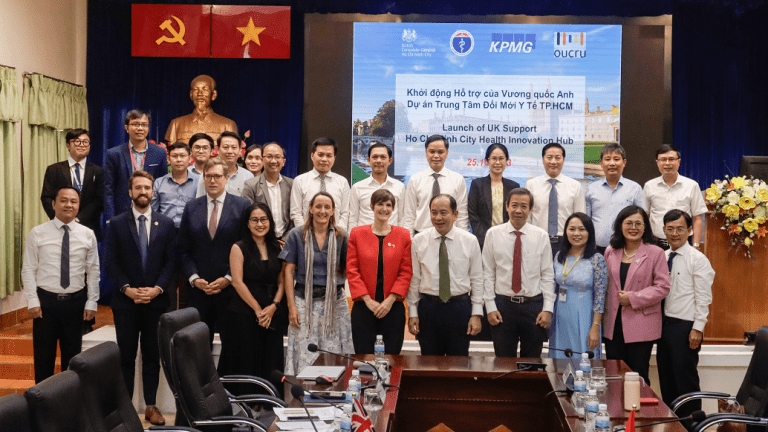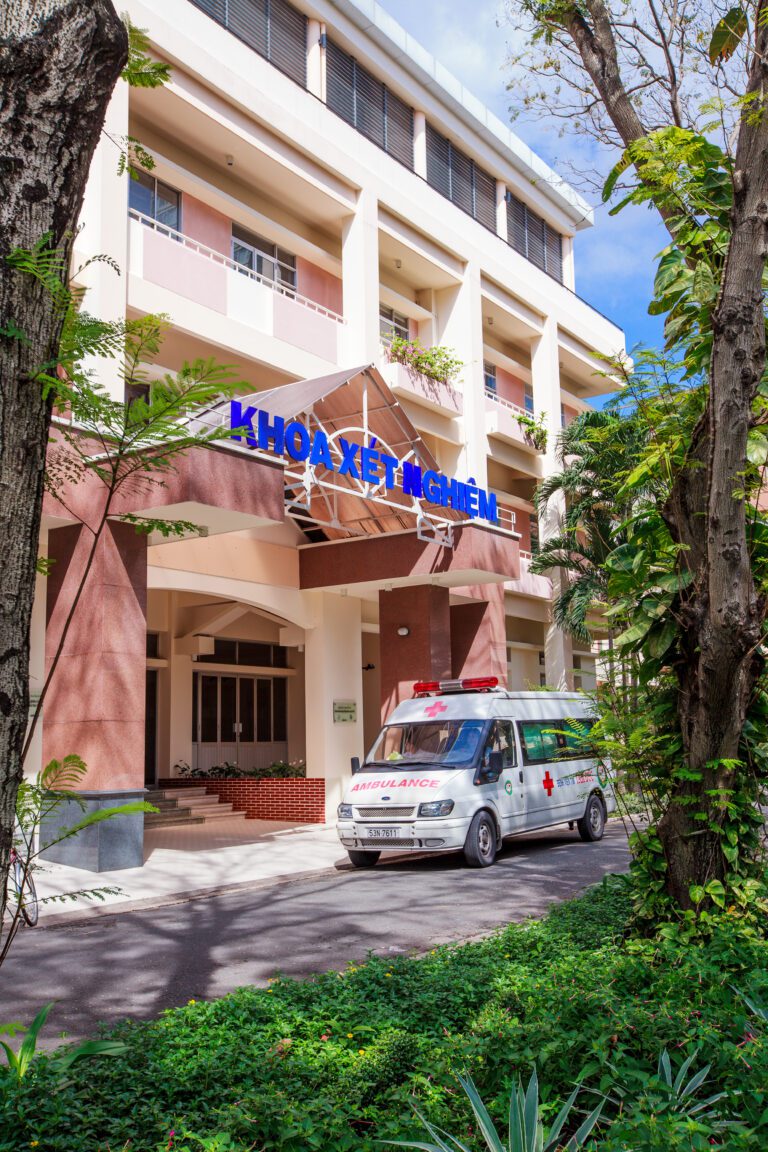While pneumonia poses a significant global health challenge, its burden falls disproportionately on low- and middle-income countries (LMICs), where it is the leading cause of hospital and intensive care admissions. Paradoxically, the majority of pneumonia research originates from high-income countries, creating a critical knowledge gap that hinders effective diagnosis and treatment in the very places where it’s most needed.
Building on over eight years of innovative research, OUCRU, in partnership with The Institute of Biomedical Engineering and the Computational Health Informatics (CHI) Lab, University of Oxford and the Hospital for Tropical Diseases (Ho Chi Minh City) aims to develop novel artificial intelligence (AI) tools for the treatment of severe pneumonia. This project will combine cutting-edge AI, advanced pathogen identification techniques, and immune profiling to improve care for critically ill patients while advancing the scientific understanding of pneumonia in LMICs.
Principal Investigator Associate Professor Louise Thwaites expressed enthusiasm for the project, stating: “We believe this research has the potential to significantly impact a critical public health issue – pneumonia in resource-limited settings. Importantly, the methods we’re developing can be adapted to address other diseases as well.”
Addressing Critical Challenges in LMICs
In LMICs, clinicians face significant challenges around treating pneumonia. The situation is exacerbated by the limited availability of validated risk scores and a lack of understanding of underlying disease mechanisms. The new project aims to address these gaps by:
- Developing AI-driven tools to analyze complex clinical data, imaging, and physiological information.
- Identifying key features associated with severe pneumonia.
- Advancing understanding of immune and inflammatory responses in pneumonia to inform future diagnostic and treatment strategies.
This project builds upon the success of the Vietnam ICU Translational Applications Laboratory (VITAL) project, which was supported by a Wellcome Innovations Flagship grant from 2019 to 2023. VITAL has been instrumental in using innovative, low-cost tools to improve the care of critically ill patients in Vietnam. By leveraging the software, technologies, and expertise developed during VITAL, this new project is well-positioned to make significant advancements in pneumonia care.
The multi-disciplinary team combines expertise in clinical research, AI, immune and inflammatory phenotyping, diagnostics, and wearable technologies. Furthermore, the long-standing partnerships between OUCRU, the Hospital for Tropical Diseases (Ho Chi Minh City), and the University of Oxford, will ensure that the research is grounded in the realities of LMIC healthcare systems as well as build capacity for local researchers and clinicians.
This project aligns with OUCRU’s broader mission to develop and implement new tools and technologies to combat infectious diseases. It also supports Ho Chi Minh City’s emergence as a healthtech hub for the Southeast Asian region. This new project will play a critical role in advancing these initiatives, ensuring Vietnam remains at the forefront of AI-driven healthcare innovation.
The Wellcome Discovery Award provides a unique opportunity for OUCRU to strengthen its expertise in applying AI to clinical research and address some of the most pressing healthcare challenges in LMICs. By combining cutting-edge technology with a deep understanding of local healthcare systems, the project aims to improve outcomes for critically ill patients and pave the way for future diagnostic and therapeutic breakthroughs.



